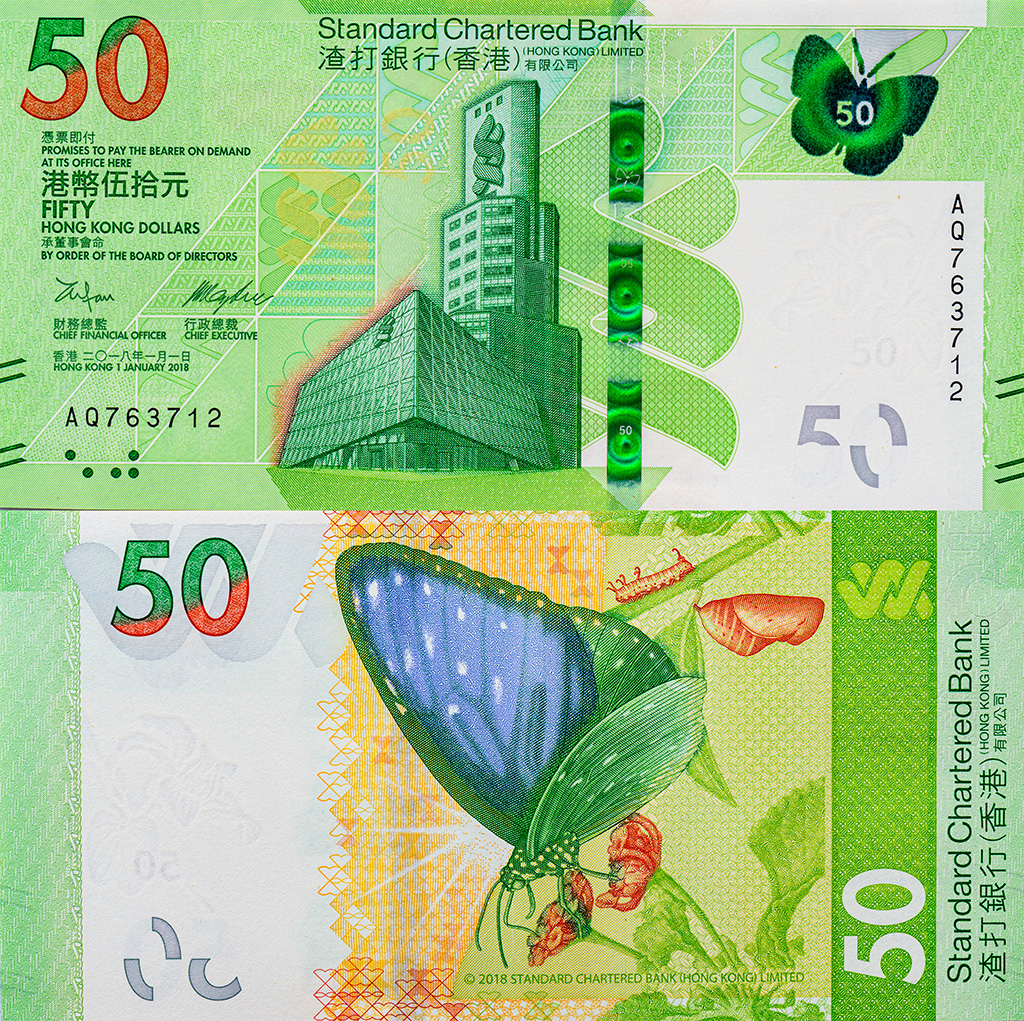When it comes to international banking, few names carry the weight and reach of Standard Chartered Bank. Known simply as Standard Chartered or StanChart, the institution has built a reputation not only as a financial services provider but also as a bridge between East and West. Understanding what the bank is best known for requires a closer look at its unique history, global footprint, and strategic positioning in international finance.
Who is Standard Chartered?
Founded in 1969 through the merger of two venerable British colonial banks—the Standard Bank of British South Africa (established in 1862) and the Chartered Bank of India, Australia and China (founded in 1853)—Standard Chartered has always operated at the intersection of trade, empire, and finance. Unlike its Western peers headquartered in New York, London, or Frankfurt, the bank’s DNA is rooted in Asia, Africa, and the Middle East.
Today, Standard Chartered is headquartered in London, but over 90% of its profits come from emerging markets. It employs more than 80,000 people and operates in over 50 countries, serving individuals, corporations, institutions, and governments.
What is it Best Known For?
1. Emerging Market Expertise
The bank is best known for its dominance in Asia, Africa, and the Middle East. While other global banks retreated after the financial crisis, Standard Chartered doubled down on markets where rising populations and rapid development drive demand for capital and services.
2. Trade Finance and Cross-Border Banking
Standard Chartered carved its niche as a trade finance specialist. From letters of credit to supply chain finance, the bank facilitates the movement of goods, commodities, and capital across borders. Its expertise in supporting importers, exporters, and commodity traders makes it a key player in global trade.
3. Infrastructure and Project Financing
The bank is also a major financier of infrastructure projects—power plants, transport networks, and telecommunications systems—particularly across Africa and Asia. This role aligns with its historic mission of supporting economic growth in frontier markets.
4. Sustainable Finance Leadership
Standard Chartered has positioned itself as a leader in ESG and sustainable finance. It was among the first banks to commit significant funding toward renewable energy projects, green bonds, and sustainable development initiatives, pledging $300 billion in green and transition finance by 2030.
Where Does It Operate?
Unlike U.S. or European banks with concentrated domestic bases, Standard Chartered’s presence is remarkably global but heavily skewed toward growth markets. Its largest operations are in:
- Hong Kong and Singapore – major hubs for wealth management and trade finance.
- India and China – key drivers of corporate and institutional banking.
- Africa – more than a dozen African markets, including Nigeria, Kenya, Ghana, and South Africa.
- Middle East – particularly the UAE, where Dubai acts as a hub for Gulf operations.
Why Does It Matter?

Standard Chartered is best understood as a trade and development bank for the 21st century. It thrives where others hesitate: in volatile, high-growth economies that require both capital and expertise. For investors and corporations, it is the go-to institution when expanding into emerging markets. For governments, it is a partner in infrastructure development and financial inclusion.
Its enduring relevance comes from why it exists: to facilitate global commerce in the regions driving the next century of growth. Where trade routes expand, commodities flow, and infrastructure is built, Standard Chartered is rarely far behind.
Conclusion
Standard Chartered Bank may not be a household name in North America, but in the corridors of finance stretching from Hong Kong to Nairobi, it is synonymous with trade, capital, and development. Its history, geographic focus, and specialization make it unique among global banks—a financial powerhouse designed not for Wall Street or the City of London, but for the world’s fastest-growing economies.
At Invest Offshore, we continue to monitor opportunities where institutions like Standard Chartered connect global investors with high-growth frontiers. And just as always, Invest Offshore has investment opportunities in West Africa seeking investors for the Copperbelt Region.

Leave a Reply